By Alireza Akbari
On December 12, an X account associated with the Israeli spy agency Mossad issued a stern warning to regime soldiers against sharing personal photos on social media.
“Do not post a picture of yourself in the battlefields of Gaza or elsewhere,” it said, underscoring the risks of exposure to an identity-revealing campaign targeting members of the Israeli forces.
More than 45,000 Palestinians, most of them children and women, have been killed in the Gaza Strip since October 7 last year in the Israeli regime’s all-out genocidal war backed by the West.
The X page affiliated with Mossad highlighted concerns over a group identifying Israeli soldiers and sharing their details with foreign authorities in countries where the soldiers might be vacationing.
It warned Israeli soldiers that they may be “arrested” and their vacation could turn into a “nightmare.”
Its reference was to the Hind Rajab Foundation, named in memory of a Palestinian girl who was tragically killed alongside her family by Israeli forces late last year.
“It is too late; the evidence has been documented. War criminals who have essentially testified against themselves will not escape justice,” the foundation responded to the advisory.
“However,” it hastened to add, “the true nightmare is not that their vacation is ruined—it is the genocide these criminals have committed.”
Mossad’s warning follows an earlier notice by the Israeli military in early December, advising around 30 soldiers to avoid traveling abroad due to legal complaints filed against them for war crimes.
In October 2024, the Hind Rajab Foundation filed a formal complaint with the International Criminal Court (ICC) against 1,000 Israeli soldiers for perpetrating war crimes against Palestinians in Gaza.
The foundation, a branch of the March 30 Movement, was established following Israel’s genocidal war on Gaza in October 2023, which has since spawned the worst humanitarian crisis there.
The complaint targeted soldiers across all ranks, from high-ranking generals and air marshals to low-ranking personnel for direct involvement in genocidal war crimes in the besieged Palestinian strip.
The case was bolstered by over 8,000 pieces of evidence, including videos, audio recordings, forensic reports, and social media documentation, meticulously detailing the soldiers’ war crimes.
The ongoing Israeli genocidal campaign, which began in October last year, has resulted in over 45,227 Palestinian deaths and left more than 107,573 injured.
Despite mounting international outcry, some Israeli soldiers have continued to flaunt their involvement in the Gaza genocide, sharing photos and videos of their war crimes on platforms like TikTok and Instagram.
The simmering humanitarian crisis in Gaza, coupled with Israeli soldiers boasting about their diabolic war crimes, has prompted legal experts, activists, and human rights organizations to intensify efforts to hold the perpetrators accountable for these atrocities.
Among these organizations is the Hind Rajab Foundation, which has identified several Israeli regime soldiers and filed complaints regarding their war crimes in the Gaza Strip.
The foundation is also informing the countries where these soldiers are vacationing to urge those governments to arrest the Israeli war criminals over the ongoing genocidal war.
Israeli soldiers identified by Hind Rajab Foundation
On December 18, the Hind Rajab Foundation (HRF) announced the identification of Gal Ferenbook, an Israeli soldier implicated in the killing of a Palestinian civilian and the degrading treatment of their remains.
It located Ferenbook in Colombo, Sri Lanka, and formally demanded his immediate arrest by Sri Lankan authorities. It also submitted a complaint to the ICC and requested Interpol to issue a red notice for his capture.
Ferenbook, a member of Company B, Sayeret Golani, sparked outrage on August 9, 2024, when he uploaded a video to his Instagram account showing himself inside an armored personnel carrier (APC) in Gaza after committing war crimes.
The footage, which was widely shared and condemned, captured Ferenbook watching the remains of a deceased Palestinian civilian on the vehicle’s monitor.
The video also included a voice, speaking in Hebrew, mocking the situation and referring to Ferenbook as “Gal Foundouk, our terminator,” while laughing and pointing to the remains.
Ferenbook, seen smiling and boasting, treated the deceased as a war trophy, a clear violation of international humanitarian law, according to legal experts.
The video, corroborated by metadata and other contextual evidence, confirms Ferenbook’s presence in Gaza during Israeli genocidal offensives and implicates him in horrendous war crimes.
These include the outrages upon the personal dignity of the deceased, the unlawful killing of a civilian, and the destruction of civilian infrastructure outside military necessity.
HRF’s complaint, submitted under Article 15 of the Rome Statute, calls on the ICC to open an investigation into Ferenbook’s crimes.
The crimes include outraging personal dignity (Article 8(2)(b)(xxi)), willful killing of a protected person (Article 8(2)(a)(i)), and destruction of civilian infrastructure without military necessity (Article 8(2)(b)(ii)).
Israeli media, meanwhile, reported that war criminal Ferenbook had fled Sri Lanka after the Brussels-based foundation filed the case against him.
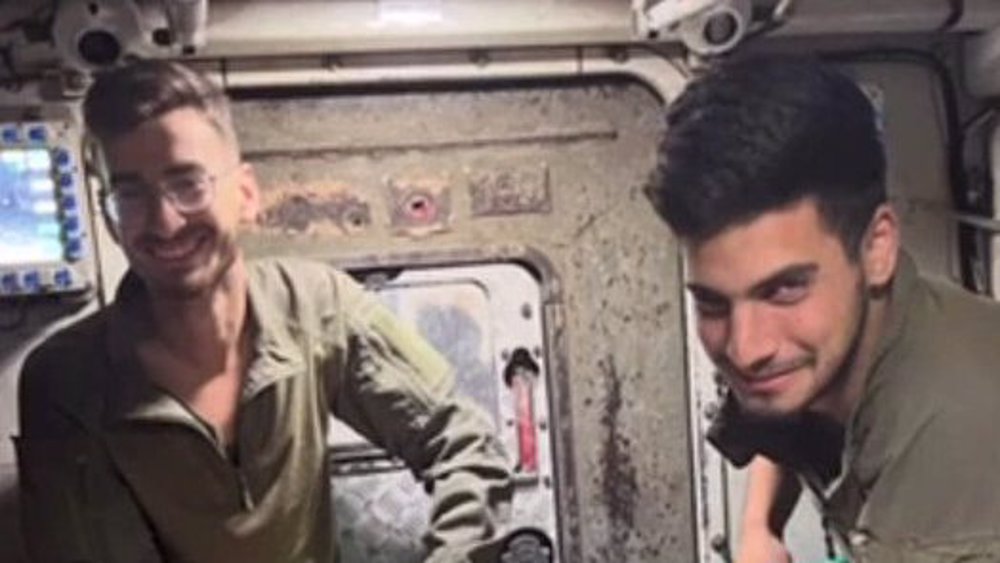
On December 6, 2024, HRF filed a legal complaint in France against Israeli regime soldier Roi Hakimi, on charges of acts of terror and enforced disappearances during Israel’s genocidal war on Gaza.
The complaint, submitted under French criminal law, said that Hakimi, a Master Sergeant in the Palhod Unit of the Nahal Brigade, committed serious violations of international law during the offensive.
Evidence presented includes Hakimi’s own social media posts, which feature photos and videos of him in Gaza, armed and in military uniform, amidst scenes of widespread destruction.
The posts also document detainees in degrading conditions and actions indicative of gross violations of international humanitarian law.
One particularly incriminating image depicts Palestinian detainees, bound and stripped to their undergarments, standing in freezing temperatures at night amid the ruins of Gaza.
The complaint asserts that such treatment amounts to torture and enforced disappearances—both explicitly prohibited under international law and recognized as crimes under French statutes.
The case relies on Articles 689-1, 689-2, and 689-13 of the French Code of Criminal Procedure, which grant French courts jurisdiction over international crimes, including torture and enforced disappearances, if the accused is present in France.
Hakimi is currently believed to be on French soil, as evidenced by his social media activity, which shows him spending quality time at a ski resort in Savoie.
Brussels-based HRF has called on French authorities to exercise their jurisdiction and initiate immediate legal proceedings to hold Hakimi accountable for war crimes.
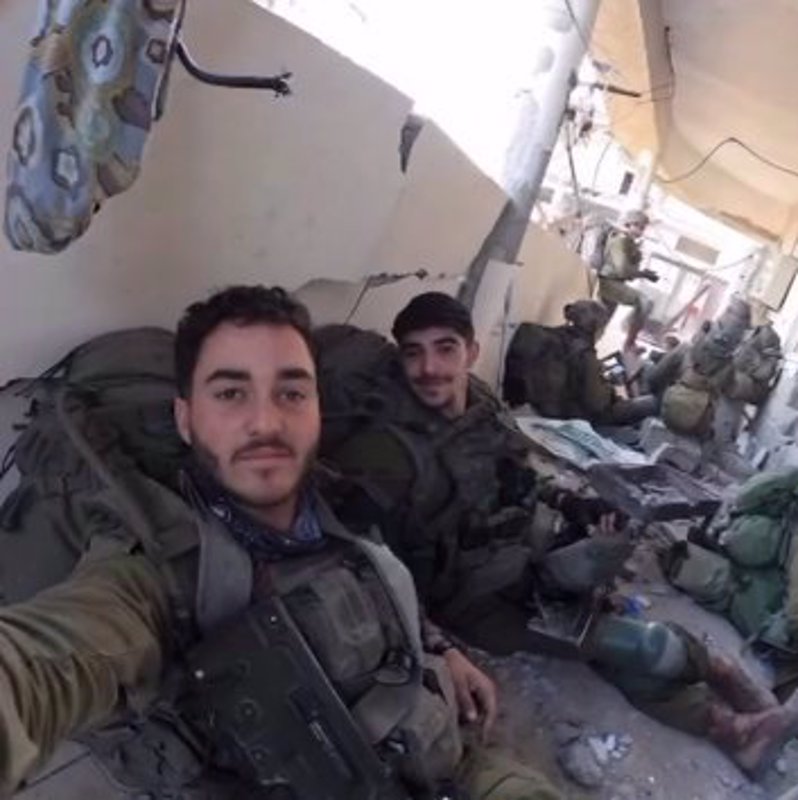
On December 3, 2024, the HRF, in collaboration with the March 30 Movement, urged Belgium to deny accreditation to Colonel Moshe Tetro, Israel’s newly appointed military attaché.
The groups cited Tetro’s involvement in war crimes, crimes against humanity, and genocide during his tenure as head of the Coordination and Liaison Administration for the Gaza Strip (CLA).
In a formal complaint filed with the ICC, it accused Tetro of implementing policies that deliberately starved Gaza’s population by restricting essential resources such as food, water, and medical supplies.
These measures, described as a form of man-made famine, have been condemned as collective punishment targeting one of the world’s most vulnerable civilian populations.
The ICC has previously addressed the use of starvation as a method of warfare, notably in its warrants against Israeli Prime Minister Benjamin Netanyahu and military affairs minister Yoav Gallant.
HRF argued that Tetro’s actions followed the same pattern, perpetuating widespread suffering in violation of international humanitarian law.
Tetro is also accused of directing attacks on hospitals, including Naser Hospital in Khan Yunis city and Al Shifa Hospital in Gaza City, resulting in mass civilian casualties.
Evidence submitted to the ICC includes records of Tetro’s communications with hospital directors before these attacks, which systematically dismantled Gaza’s healthcare system, leaving civilians without access to critical medical care.
In a letter to Belgium’s Ministry of Foreign Affairs, HRF Chairman Dyab Abou Jahjah emphasized Belgium’s moral and legal responsibility to reject Tetro’s accreditation.
HRF and its partners have called on Belgium to take a principled stand against impunity by denying Colonel Moshe Tetro diplomatic recognition.
The case has underscored the growing push for accountability over Israel’s genocide in Gaza.
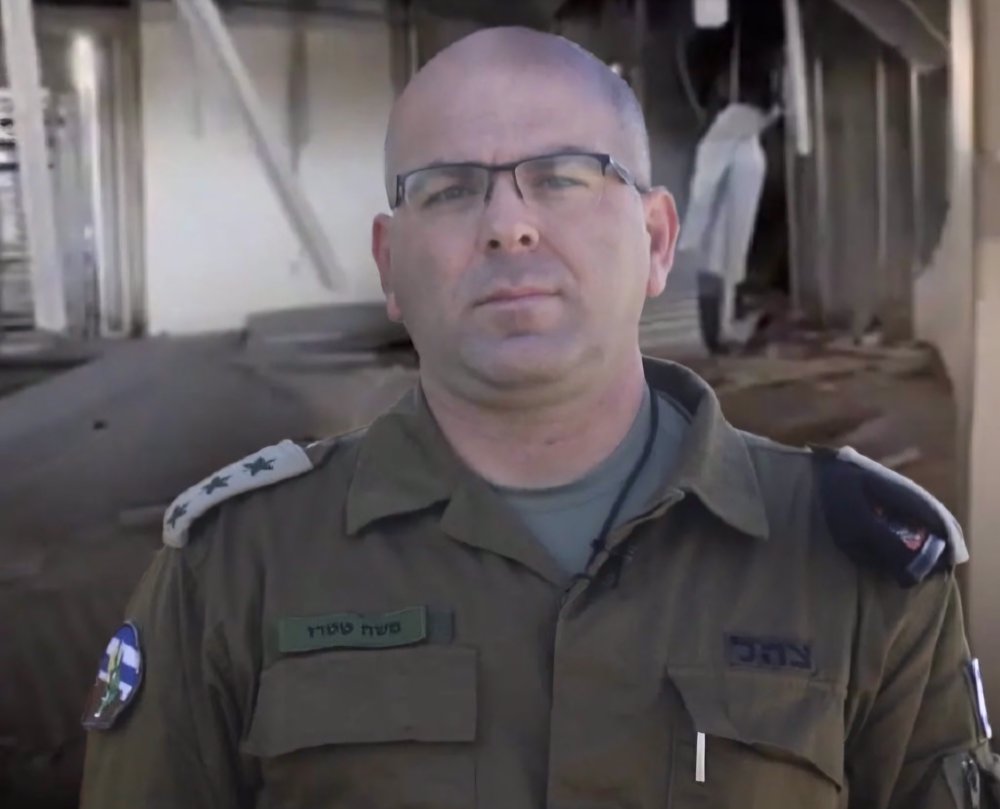
On November 29, the HRF, in partnership with the March 30 Movement and represented by attorney Haroon Raza, filed another legal complaint in Amsterdam demanding the immediate arrest and prosecution of three Israeli regime soldiers for war crimes in Gaza.
The accused—Yehuda Tsfa, Yotam Shmuelevich, and Liran Magal—are members of the Latak Unit of the 932 “Granit” Battalion of the Israeli Occupation Forces (IOF).
They participated in the destruction of civilian properties in Gaza, including the burning of homes in Gaza City and the destruction of critical infrastructure at the Rafah Crossing.
The complaint, grounded in international humanitarian law, asserts that these actions constitute grave violations of the laws of armed conflict, which protect civilian objects and prohibit attacks that are indiscriminate, disproportionate, or lacking military necessity.
The targeted destruction of civilian homes and infrastructure is highlighted as part of a broader pattern of collective punishment against the Gaza population.
The complaint referenced key provisions of international law to substantiate the allegations:
Article 53 of the Fourth Geneva Convention prohibits the destruction of property by an occupying power unless necessary for military operations. The burning of homes and destruction at the Rafah Crossing do not meet this criterion.
Article 147 of the Fourth Geneva Convention classifies extensive destruction of property, not justified by military necessity and carried out unlawfully and wantonly, as a grave breach of the Convention.
Article 54 of Protocol I prohibits attacks on objects indispensable to the survival of civilians, including food supplies and drinking water installations. The Rafah Crossing, essential for the delivery of food and medical aid, falls within this category.
Article 8(2)(b)(ii) of the Rome Statute criminalizes deliberate attacks on civilian objects that are not military objectives.
Article 8(2)(b)(xxv) of the Rome Statute prohibits starvation of civilians as a method of warfare, including depriving them of objects essential to their survival.
The Rafah Crossing’s destruction has had devastating consequences for Gaza’s civilian population, exacerbating famine by blocking the flow of food, medical supplies, and other essential goods.
The deliberate targeting of such infrastructure, the complaint argues, represents a calculated strategy to collectively punish civilians in violation of international law, according to experts.
The complaint stresses that, under international law, Dutch authorities are obligated to act, as the accused soldiers have reportedly been present in the Netherlands.
By invoking legal precedents from the ICC and the International Court of Justice (ICJ), the foundation highlighted the responsibility of states to apprehend and prosecute individuals suspected of war crimes and crimes against humanity.
This case not only seeks accountability for the actions of Tsfa, Shmuelevich, and Magal but also underscores the critical need to address the ongoing impact of such violations on the civilian population of Gaza.
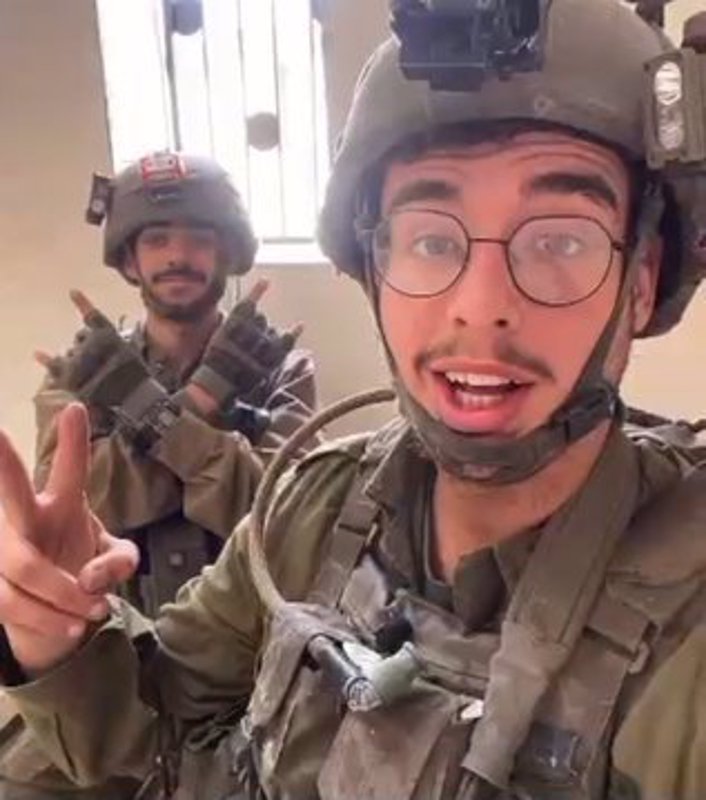
On November 27, 2024, the HRF submitted a formal complaint to the ICC against Israeli soldier Liam Shkedi, accusing him of war crimes, crimes against humanity, genocide, and crimes of aggression.
The complaint demands Shkedi’s immediate arrest and prosecution.
It detailed Shkedi’s involvement in the destruction of a civilian home in Ni’lin, Ramallah, on March 23, 2023, as well as his role in a massacre in Gaza’s Al-Bureij camp.
The attacks on Al-Bureij, which targeted densely populated residential areas, caused devastating civilian casualties and were characterized as indiscriminate.
These incidents, the complaint asserts, are part of a broader pattern of systematic violations of international humanitarian law. The actions attributed to Shkedi highlight the deliberate targeting of civilians and civilian infrastructure in Gaza and the occupied West Bank.
HRF confirmed that Shkedi is currently in Dubai, United Arab Emirates, and formally requested Emirati authorities to arrest him. Citing the UAE’s obligations under international law, the Foundation urged his immediate transfer to the ICC for prosecution.
To substantiate the case filed against the soldier, HRF provided extensive video and photographic evidence, including material sourced from Shkedi’s own social media accounts.
The evidence reportedly documents his participation in unlawful attacks on civilian infrastructure.
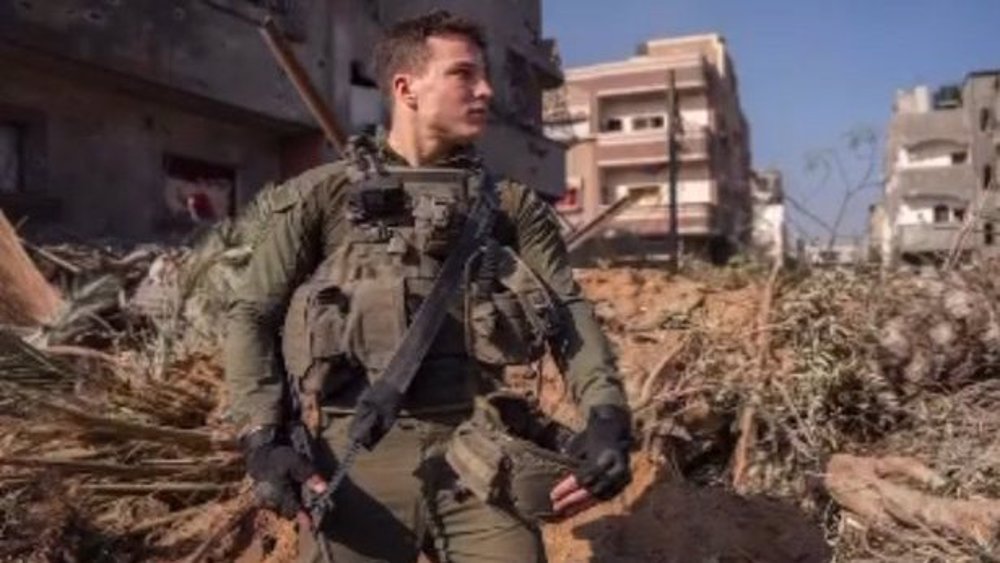
On November 18, 2024, the HRF announced it was investigating reports of the possible detention of Israeli reserve officer Elisha Livman in Cyprus, following complaints of war crimes committed in Gaza.
Despite the development, Livman reportedly fled Cyprus with direct assistance from the Israeli regime, as revealed by the Israeli newspaper Israel Hayom.
This intervention, described by the HRF as a “brazen example of state-sponsored impunity,” has drawn sharp criticism for undermining international law and obstructing justice.
The HRF had filed a formal complaint with Cypriot authorities, presenting extensive evidence of Livman’s involvement in war crimes. Among the evidence was video footage showing Livman setting fire to a civilian home in Gaza, declaring: “We will not stop until we burn all of Gaza.”
The HRF highlighted that his statements and actions demonstrate clear genocidal intent, violating both the Geneva Conventions and the Rome Statute.
In a strongly worded statement, the HRF condemned Livman’s escape, orchestrated with the active involvement of the Israeli regime. “This is not just an obstruction of justice; it is a deliberate attempt to shield a war criminal from accountability,” it said.
It also underscored that Cyprus retains full jurisdiction over the case and called for the investigation into Livman to continue.
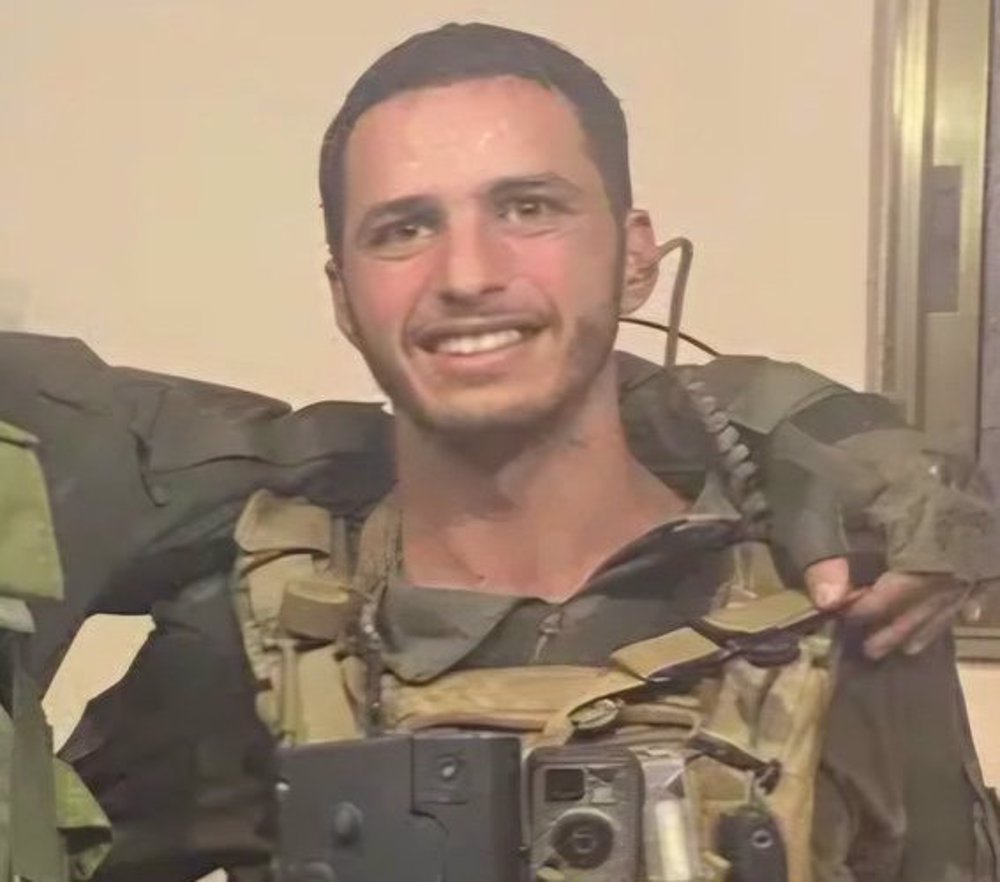
On November 6, 2024, the HRF formally requested the Metropolitan Police Service (MPS) in the United Kingdom to launch an investigation into Alon Elgali, Chief Executive Officer of Meshek Afar Limited, for war crimes in Gaza.
Elgali was reportedly in the UK at the time of the complaint, accused of direct involvement in grave breaches of the Geneva Conventions and international humanitarian law.
The HRF’s letter to the MPS Commissioner detailed the complaint that Elgali oversaw and participated in the unlawful destruction and appropriation of civilian property, including a mosque in Rafah, southern Gaza Strip, between October 31 and November 4, 2024.
These actions, targeting civilian infrastructure in protected areas, are cited as potential war crimes under the UK’s ICC Act 2001 and Geneva Conventions Act 1957.
The HRF provided video and photographic evidence from Elgali’s social media accounts, which show him operating and supervising bulldozers demolishing civilian structures.
Witness statements corroborated that Meshek Afar Limited was stationed in Rafah specifically for these operations demolitions.
Under Article 8(2)(a)(iv) of the Rome Statute, the intentional destruction of civilian property without military necessity is classified as a war crime.
Additionally, Article 147 of the Fourth Geneva Convention identifies extensive destruction of civilian property as a “grave breach,” requiring contracting parties, such as the UK, to take legal action against those responsible.
The HRF urged the Metropolitan Police’s Counter Terrorism Command (CTC), which specializes in investigating complex international crimes, to prioritize the case.
The HRF highlighted guidelines from the College of Policing, emphasizing the importance of handling such serious complaints with urgency, impartiality, and diligence.
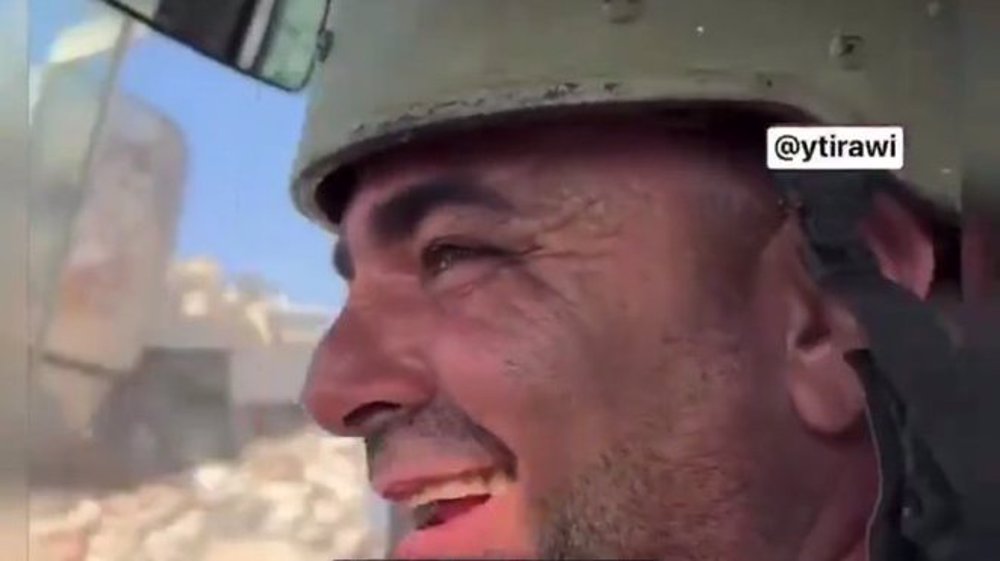
On October 24, 2024, another complaint was filed in Ecuador against Sahar Enrique Cohen, an Ecuadorian citizen over war crimes and crimes against humanity during the Israeli genocide in Gaza.
The complaint, submitted to the Criminal Court of Guayas, seeks prosecution under both Ecuadorian and international law for Cohen’s role in systematic attacks targeting Palestinian civilians and medical facilities.
Cohen is accused of participating in the March 18, 2024, assault on Al-Shifa Hospital in Gaza City, where thousands of civilians had sought refuge.
The attack resulted in the deaths of patients, including children and the elderly, due to the destruction of critical medical infrastructure and the intentional denial of life-saving resources.
The complaint terms these assaults as genocide and crimes against humanity under international law.
The filing also details horrific acts of torture and persecution committed by Cohen, including physical and psychological abuse, forced nudity, rape, and the deprivation of essential resources like food and water.
Citing Article 14 of Ecuador’s Comprehensive Organic Criminal Code (COIP), the Foundation called on Ecuador to prosecute Cohen for these grave violations, asserting that Ecuadorian jurisdiction extends to crimes committed beyond its borders when they contravene international human rights laws.
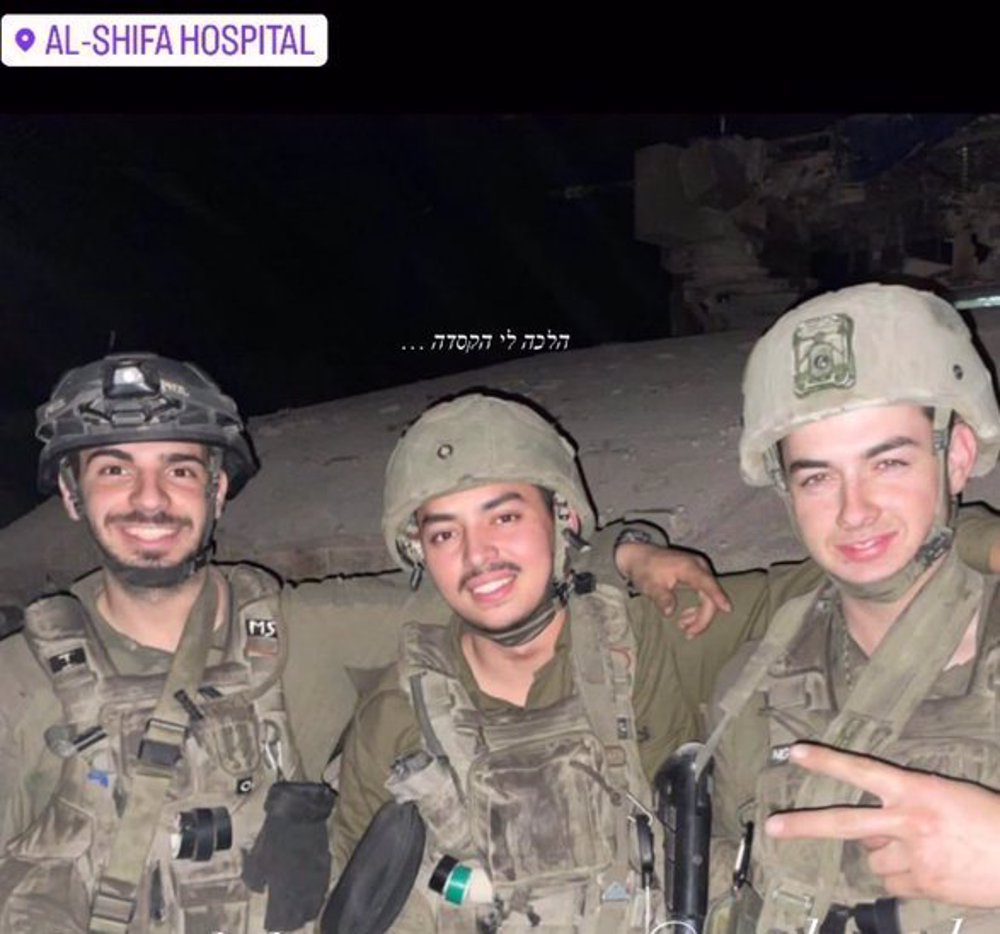
On October 18, 2024, the HRF revealed evidence that Israeli war criminal Moshe Gafni was present in the United Arab Emirates.
It announced plans to officially request his arrest and notify UAE authorities. “We will officially request his arrest and notify the UAE authorities.”
On October 13, 2024, French-Israeli singer Refael Allush was accused of involvement in the ongoing genocide in Gaza. Allush participated in the destruction, looting, and appropriation of civilian homes and neighborhoods, according to the HRF.
Despite these complaints, Allush continued to travel freely to France to perform at social events.
On October 5, 2024, HRF issued an urgent call to the United Arab Emirates (UAE), urging them to arrest Israeli war criminal and American citizen Elias Gibs, in accordance with international law.
It confirmed credible information about Gibs’ presence in the UAE, identifying him as a member of the infamous Ghost Unit (Refaim). Gibs is implicated in the killing of 120 Palestinian civilians in Gaza.
The March 30 Movement, which partnered with the Foundation, echoed these concerns, emphasizing the urgency of Gibs’ arrest under the UAE’s obligations to international law.
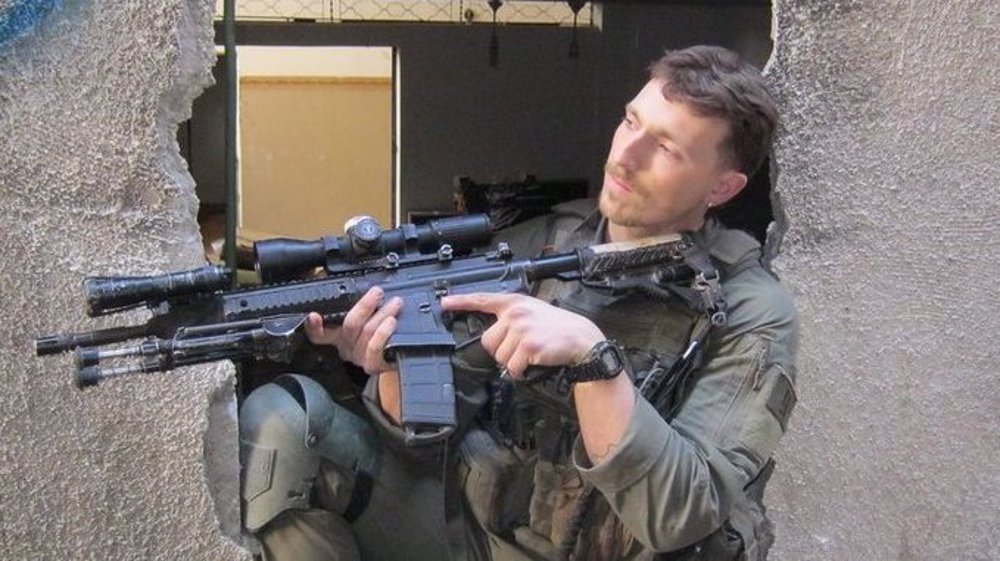
On September 27, 2024, the HRF revealed that Israeli soldier Moshe Avichzer had been detained in Morocco for his involvement in war crimes committed during Israeli offensives in Gaza.
It reiterated its stance that “justice and accountability must prevail,” highlighting the significance of the detention as a step toward holding war criminals accountable.
Watch NBS news on YouTube in Bengali । Subscribe Our YouTube Channel: